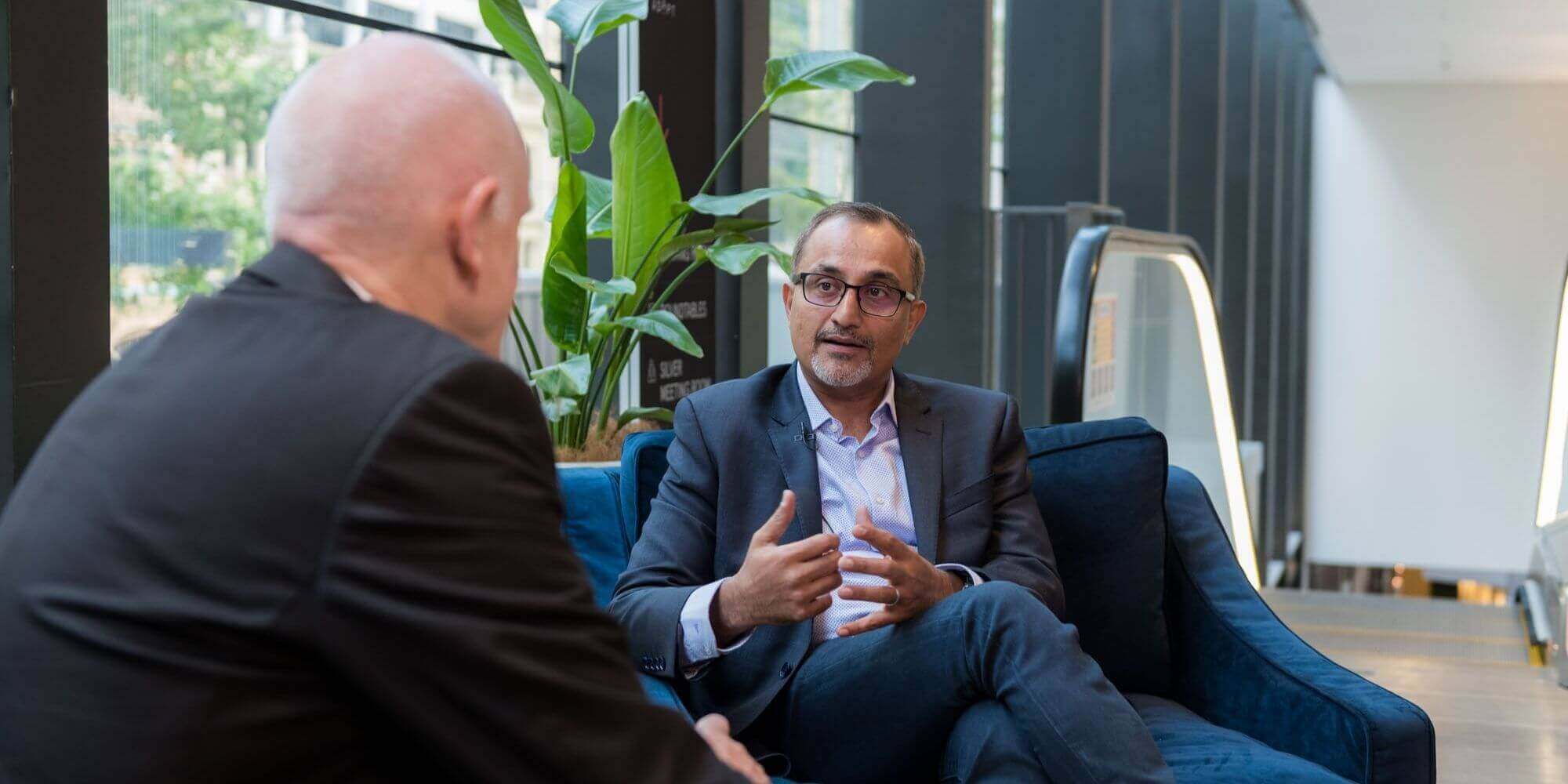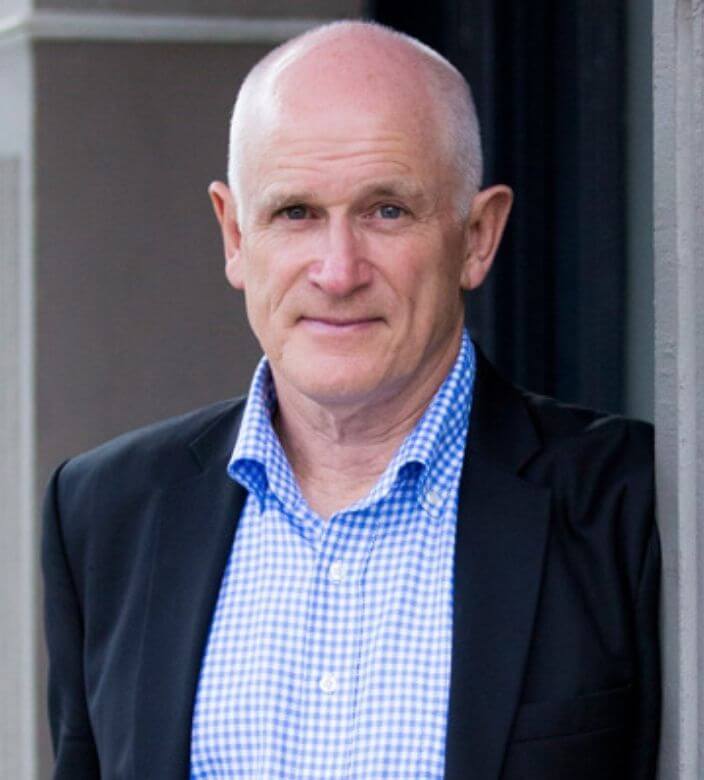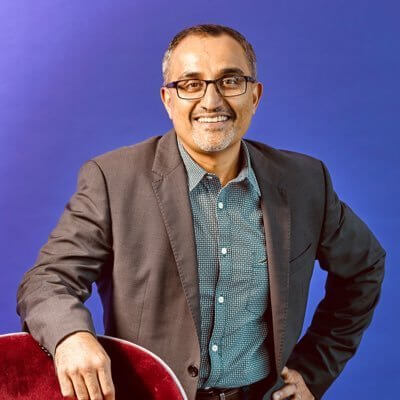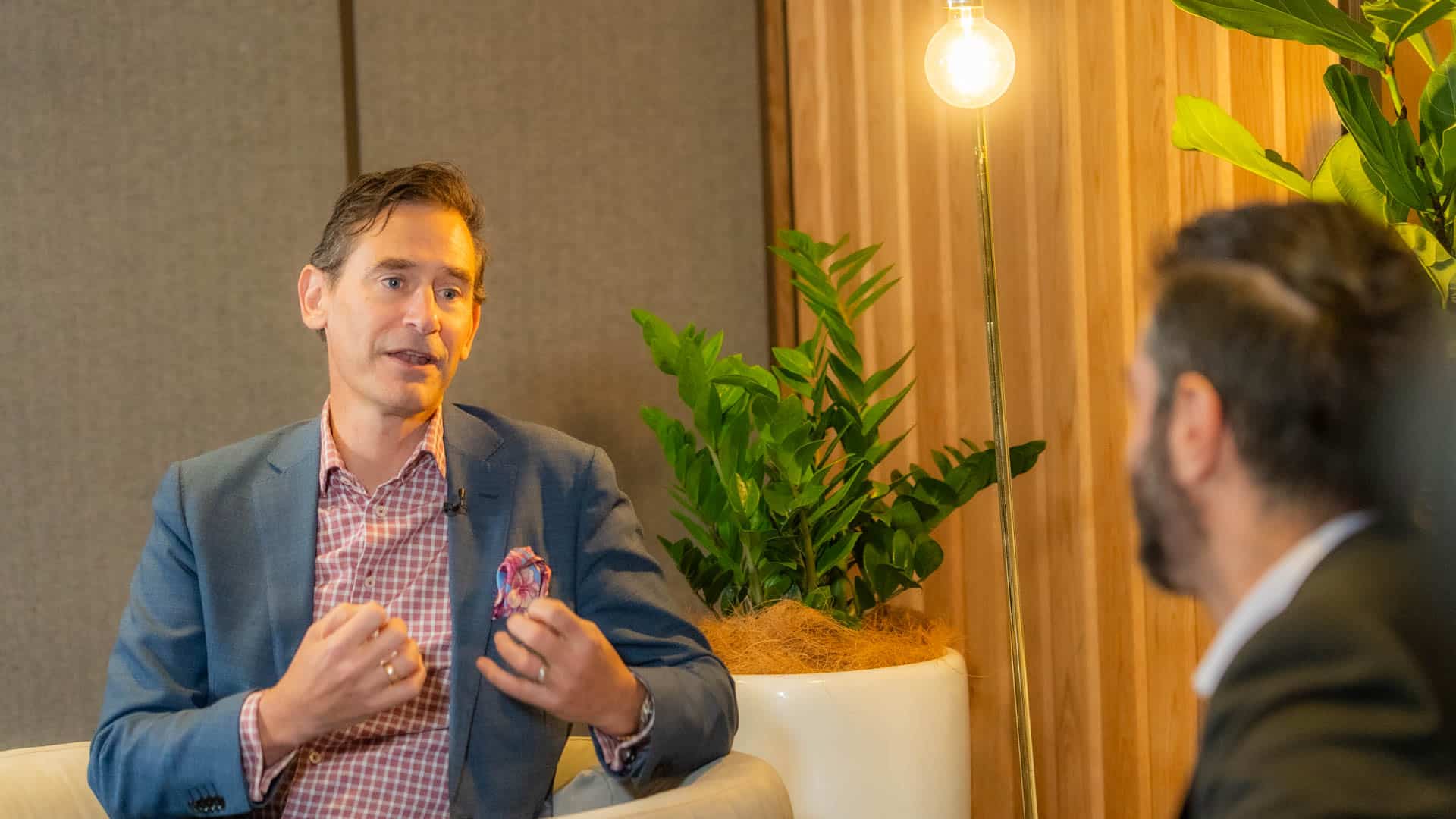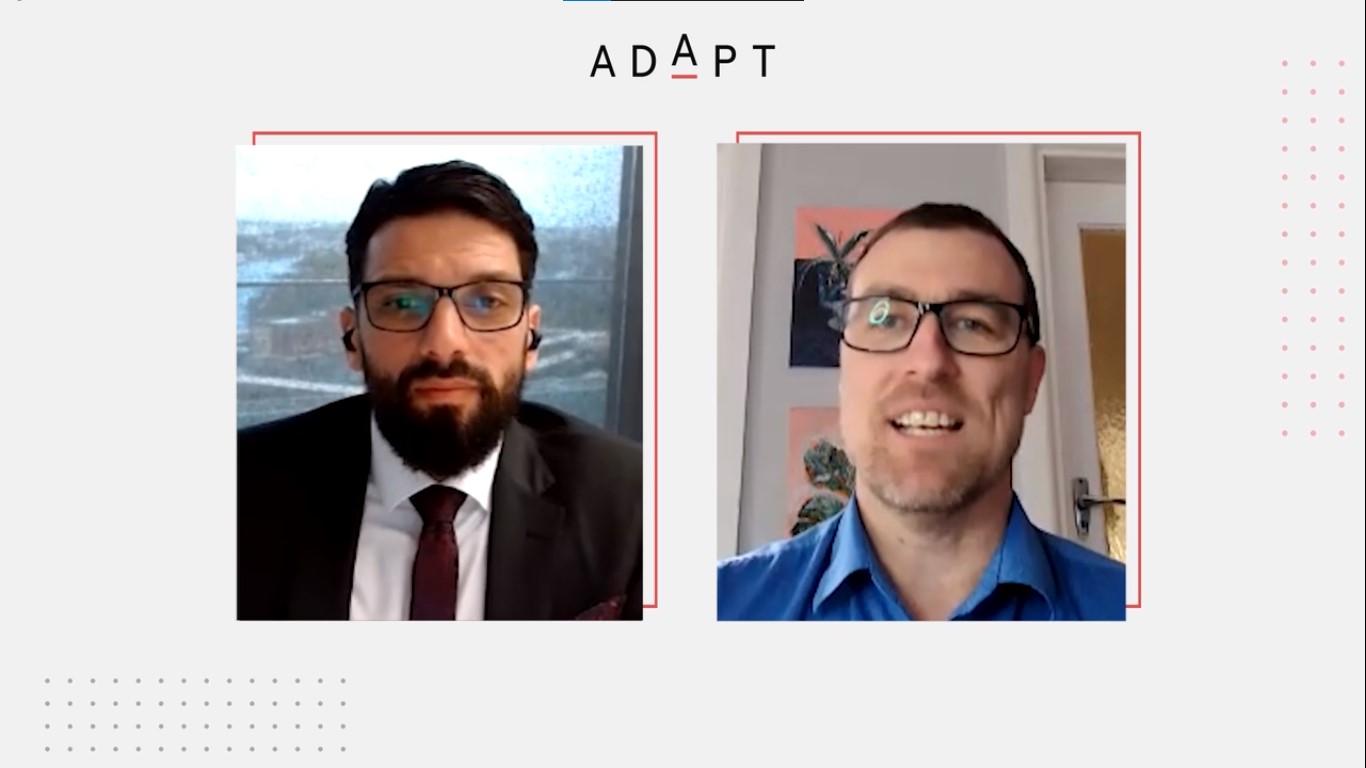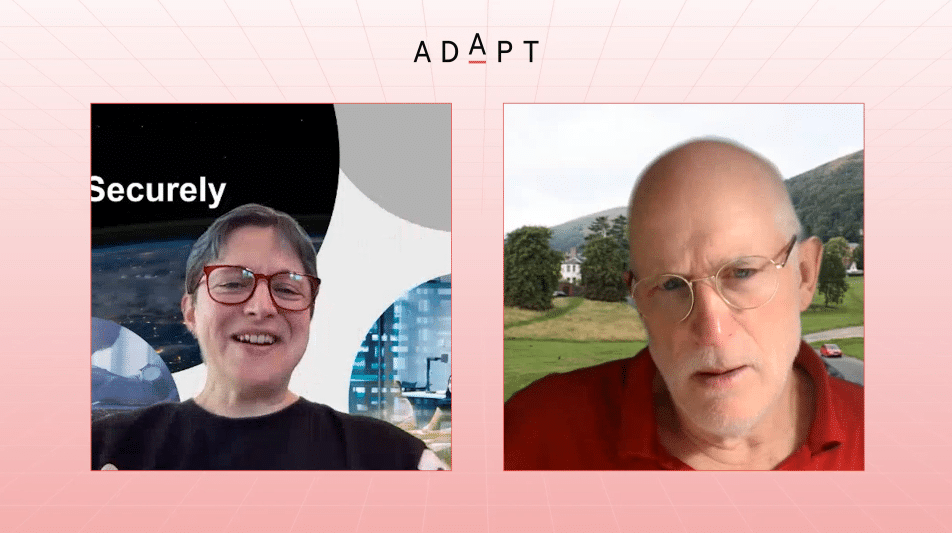PwC Australia’s Chief Digital Officer Vishy Narayanan discusses the ways COVID-19 has brought about immense opportunities for business growth and going digital. At PwC, Vishy does not give out any digital transformation advice that the organisation is not following themselves.
Speaking at ADAPT’s CIO Edge event, Senior Analyst Peter Hind, Vishy explores the importance of engaging employees remotely, the repurposing of the office space, the intersection and humans and technology with the changing nature of work, and the stronger alliance between IT and HR to support collaboration.
Peter Hind:
Vishy, we’ve just had a major federal budget from the government, the idea of helping Australia get out of the recession that’s been caused by COVID. You said to me that you felt this great opportunity for CIOs. Can you elaborate a bit more on that?
Vishy Narayanan:
Absolutely. So firstly, thanks for having me here.
If you read the budget, or if you watch the budget events, one of the things that struck me was the absolute focus on growth and productivity and not a defensive mindset. And that to me was really important because we were coming out of this COVID situation with growth and productivity in mind, not in a defensive mindset. So that’s the starting point.
Then you look at the environment over the last six months, what is really helped businesses transform or even survive is technology. The fact that people are working remotely, that’s only the starting point. But imagine the opportunity that it provides businesses to truly go digital.
I’m hoping 2020 is the year that gets known as when Australia truly went digital. And the budget is going to be a key enabler of driving that growth for us.”
Peter Hind:
You’re talking about people should be emboldened in IT about what that’s done. Is there a danger we could get too assertive because we’ve obviously got to bring people with us on that journey?
Vishy Narayanan:
So, look, there’s always that that risk of the people that they truly believe in, get it and drive change and then those that need to be brought along. For me, it’s fundamentally the world is actually a lot more simple now. You don’t have a choice.
Earlier there was a semblance of choice. We don’t have a choice today.
If we truly want to come out and grow, we need to provide customers, employees, stakeholders, governments, the business model under which this can operate.
You only have to see the fact that retail has now had the replatform significantly. And it’s not just the first. It won’t be the last. You look at airlines. You look at every single industry that’s been impacted.
This has been the most democratic disruption that we’ve ever had. But you really need to come out of this.
Peter Hind:
You’re also telling me about: actually, you’ve got no choice. It’s all digital, you know, so, you know, just stop arguing the point and get on with it.
Vishy Narayanan:
It’s not it’s no longer an if it’s a when. And the when needs to be sooner if you want to survive through this and grow out of this.
Peter Hind:
Now Vishy you’ve done a lot of work in the future of work. The impact that it’s had on what the office environment will look like, the workplace will look like. Could you share some of the findings you’ve had on that?
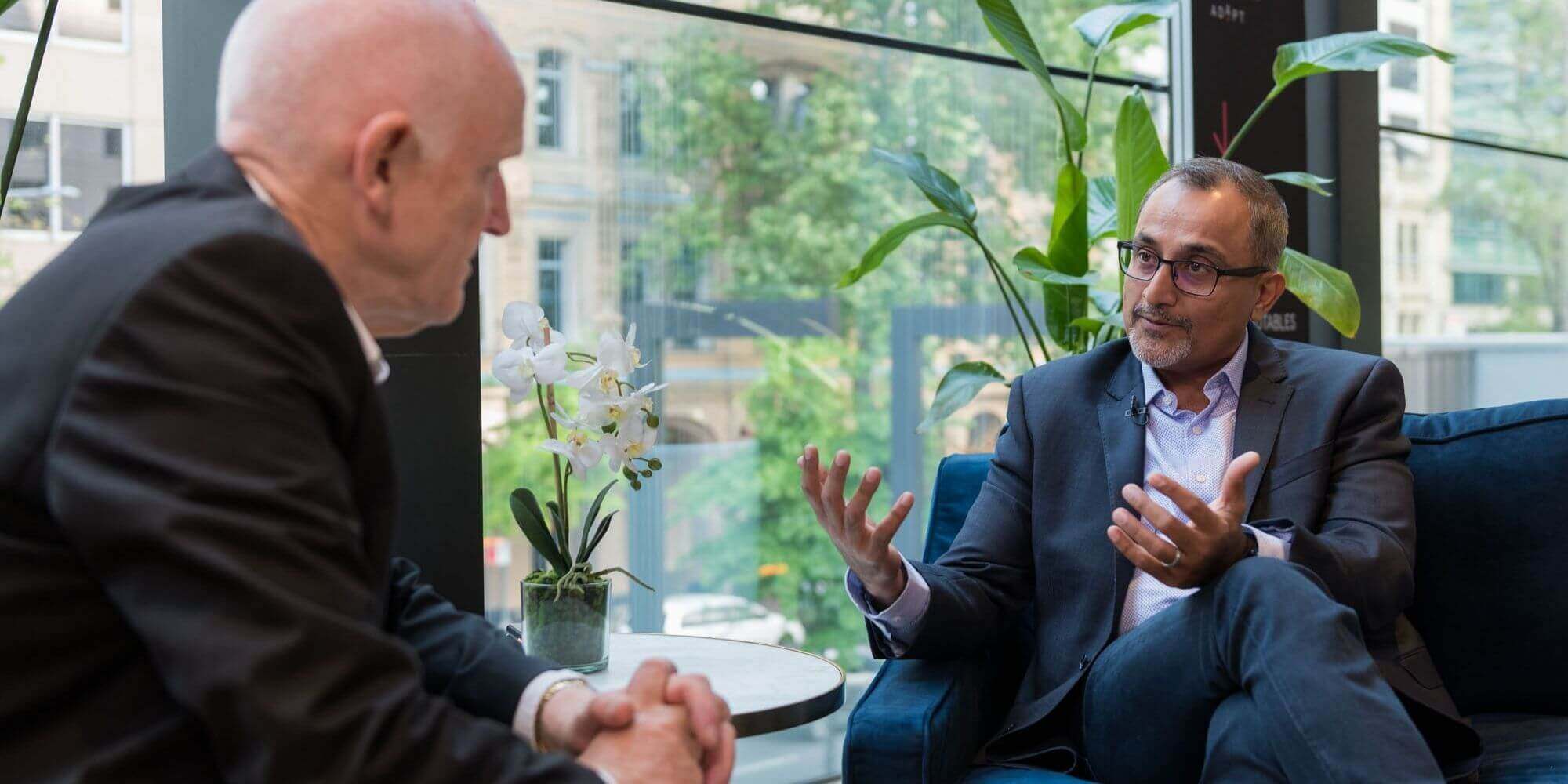
Vishy Narayanan:
So look at PwC, one of the things we pride ourselves on is we live the purpose, and we live the advice we give our clients.”
So one of the things our clients are asking us for is, what does the future work look like? What is PwC doing now?
We are a fantastic smorgasbord of what the true society looks like. We’ve got 9000 fantastic people. We’ve got partners. If we can get it right for ourselves, then we speak from a position of authority and experience, not just from advice.
So things we’re doing, for example, the starting point is: how do we engage our people first? We’ve had people onboarded in the COVID era.
That means they’ve never met a single person from PwC. Their entire onboarding process has been virtual, and they are yet to meet someone physical. Our executive board have never actually had a physical meeting, yet together they’re meeting virtually.
We’ve demonstrated that we can do it. The question is, how do we almost codify that and take it to clients?
The first is engagement. The second, obviously, is how do we actually define what the role of an office is in the future?
We have a significant real estate footprint. So does that mean we don’t need offices? No, that’s not true.
The office is a place for collaboration, coming together, social interaction. It’s the unplanned interactions.”
I go into the office once or twice a week now because it’s not the planned interactions of the unplanned interactions that I really enjoy.
The second is, what is the role of a physical footprint? First is people engagement, the role of a physical footprint.
Third, is what is the nature of work?
Fundamentally, if technology is augmenting a lot of what we’re doing, where do we where do humans and technology intersect?
And that’s really what we’re trying to do. And it’s not one or the other. And that’s what really sometimes drives me nuts when I hear people talk, technology is taking on the world, humans to live in the world.
So it’s the intersection between humans and technology that’s going to drive the future of work even more so now than ever before, because people are now embracing technology, whether they like it or not.
Peter Hind:
But you also said to me, don’t take a one size fits all. Everyone’s an individual. So you’ve got to avoid having sort of blueprints to cover everybody. You’ve got to tailor it to people.
Vishy Narayanan:
Absolutely right. So one of the things, Peter, that we have been very fortunate, we poll our people every three weeks. Three to four weeks, the data we get from that is a treasure trove of information and some of it is fantastic, some of it is worrying.
Because if you look at certain parts of a country that have been in lockdown for longer, the mental health impact of people that are working in their living room, the shared accommodation aspects of that.
So for us, the future of work has to be inclusive, not just for those that are the extroverts that love to be there or the introverts.”
It’s actually for those that truly need different ways of doing it. And then there’s clients as well.
So for us, the future of work is probably one of our biggest priorities as a firm, because we want to get it right ourselves and then we want to take it to clients.
And just given that we are in a CIO conference, it would be remiss of me to point out that the role of the CIO in enabling the future of work has never been greater. And so that’s something I hope we can unpack.
Peter Hind:
But Vishy, you get to areas. What’s HR’s responsibility? What’s IT’s responsibility?
Are you nestling in on them or rustling in on their turf? How do you get that collaboration between those disciplines?
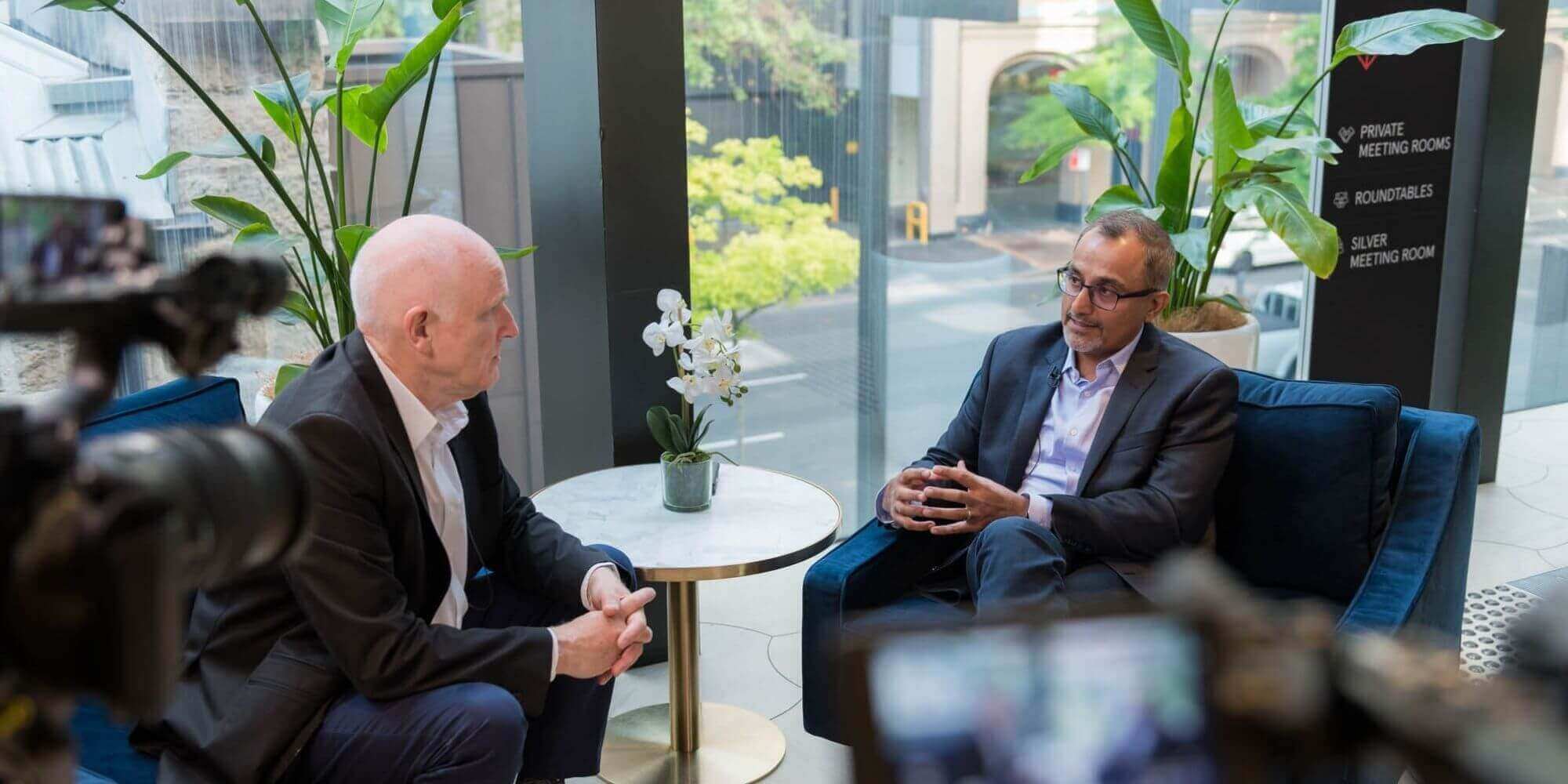
Vishy Narayanan:
Look, it’s a great question.
And so for me, I’ll give you an example of our upskilling journey. So we’ve been, as you know, we’ve been running our digital upskilling program over the last little while.
We could not have done that with our collaboration with our HR colleagues, with our learning and development. But it’s a little different. It’s learning development on steroids. Because it’s very much a pull rather than a push form of learning.
You then look at the future of work. So, for example, a tangible thing that we need to work on is one of the benefits of remote working is people have a lot more time to do to live their lives personally.
The pitfalls in the employment context are performance. How do I know you’re performing well? Because historically you’ve been right under my nose as a leader. I know what you’ve been doing.
Now you’re working remotely. Are you out of sight, out of mind?”
And so it’s really important then that the technology and human resources and the people and culture aspects need to work together to really position this, because without a performance mechanism that rewards people, regardless of where they work from, just having a capability to work remotely does not help. So you need to have those to hand in glove.
And the last thing I think personally is the rewards and recognition strategies of a lot of businesses are going to fundamentally be challenged as a result of this. And we need our human capital colleagues to really step up and work with us on that challenge.
Peter Hind:
Well, Vishy, as someone of Indian descent with cricket in your DNA, you said to me we’ve been bowled a full toss, and we can really hit this for six, in IT?
Vishy Narayanan:
Absolutely. We’ve been bowled. It doesn’t really matter whether it’s a free hit or not. It’s a full toss. So let’s try and hit it out of the park.


















